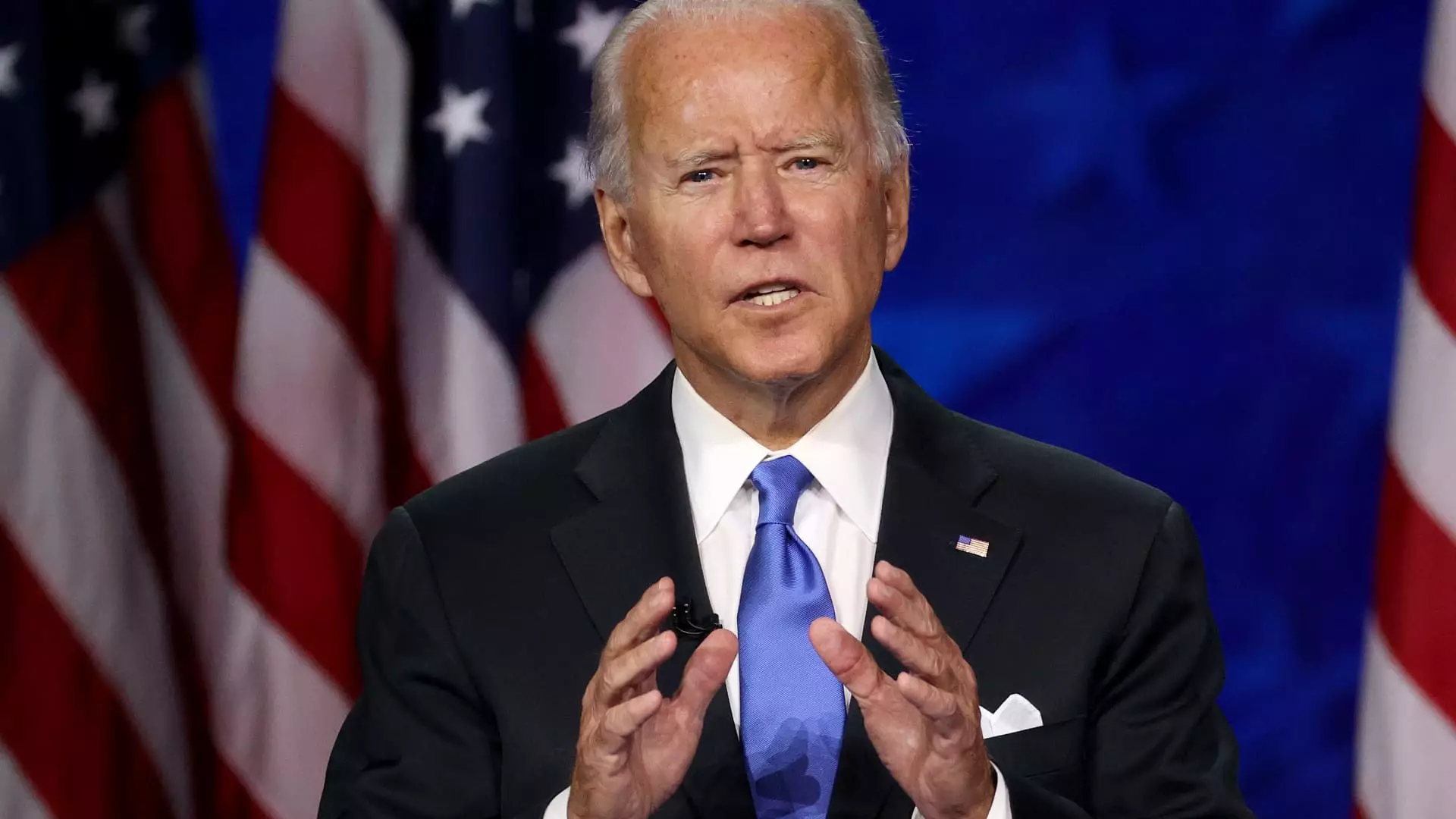The White House is set to unveil its plans to curb certain U.S. investments in sensitive technology in China, while also requiring the government to be informed about other investments. The aim of these measures is to prevent American capital and expertise from aiding China’s military advancement and posing a threat to U.S. national security. President Joe Biden is expected to issue an executive order outlining these restrictions within the week.
Narrowly Targeted Measures
Emphasizing that any limitations on U.S. investment in China will be specifically tailored, officials from the Biden administration have consistently highlighted that these measures are not a broad technology blockade, as Beijing claims. National Security Adviser Jake Sullivan reasserted this in April, underscoring the targeted nature of the restrictions. Similarly, U.S. Commerce Secretary Gina Raimondo conveyed in March that they aimed to avoid being overly broad, as such measures would harm American workers and the overall economy.
It is expected that the Biden administration will direct its focus on active investments, including U.S. private equity, venture capital, and joint ventures in China’s semiconductor, quantum computing, and artificial intelligence industries. Sources have revealed that most of these investments will require the government to be notified, ensuring transparency, while certain transactions might be prohibited altogether.
Enhancing Visibility of Financial Transactions
The Biden administration plans to expand the reporting requirement for investments made by firms in a wider range of Chinese industries. This move will grant the U.S. government greater visibility into financial transactions between the two countries. By gaining comprehensive insight into these transactions, the U.S. can better assess potential risks to its national security.
Navigating Investment in Semiconductors
Investments in semiconductors are expected to align with the U.S. Department of Commerce’s export control rules for China, which were released in October. Restriction of such investments will likely be enforced, with a particular focus on military applications. On the other hand, investments in the artificial intelligence sector not related to military use are anticipated to require only notification to the government. The administration will bear the responsibility of defining what constitutes a military application of AI.
Upcoming Steps and Considerations
President Biden’s executive order is anticipated to initiate a notice of proposed rule-making, which will allow for industry feedback during a comment period before the measures are finalized. Consequently, the restrictions are not expected to take immediate effect.
The forthcoming executive order from the Biden administration marks a significant step in addressing U.S. investments in China’s sensitive technology sectors. By implementing tailored measures, the U.S. aims to safeguard its national security interests without unnecessarily impeding investment flows and harming its own economy. These restrictions will serve as a means to regulate certain investments, enhance transparency, and provide the government with vital insights into financial transactions between the two nations. As the Biden administration proceeds with its implementation plans, industry feedback and considerations will be incorporated to ensure the effective implementation of these measures in the long run.


Leave a Reply